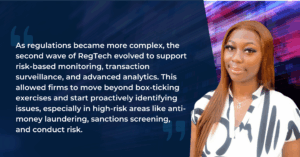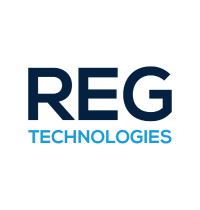Accelerating Trade Partner Onboarding with RegTech
In an industry where success hinges on strong relationships, insurance and financial services companies must prioritise integrity, trust, and diligence when forging new business relationships. However, navigating the intricacies of regulatory and statutory obligations often creates obstacles for these relationships from the start. The complexities of regulatory adherence have been cited to impede regulated firms’ abilities to effectively initiate new partnerships; hindering growth and stifling innovation. Now, with the growing emergence of RegTech, businesses can streamline compliance processes and accelerate trade partner onboarding, ultimately setting them up for sustained success...



















